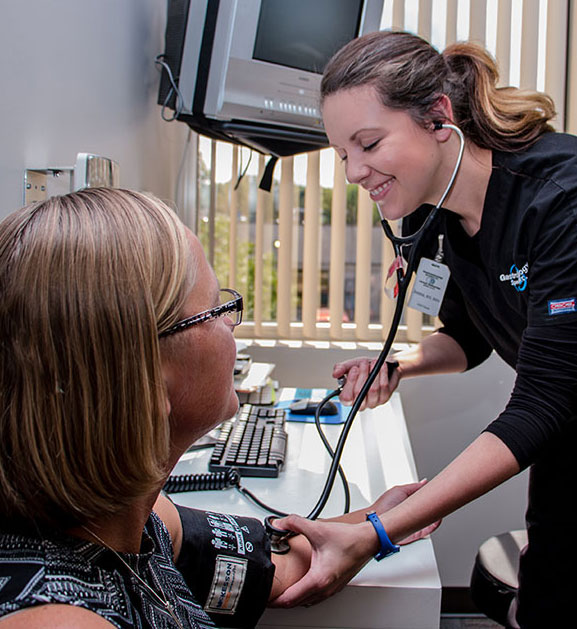The Billings (MT) Gazette (3/11, Uken) reported, “The nation’s new Affordable Care Act requires most insurance plans to cover all costs for preventive care, including colon cancer screening.” However, the free screening may result in a bill to the patient if polyps are found and removed during the procedure. As a result, “some physicians and prevention advocates are asking Congress to review the law to waive patient costs, including Medicare co-pays, which can cost up to $230 for a screening colonoscopy where polyps are removed.” Now, “the American Gastroenterological Association” is “pushing Congress to fix the problem because of the confusion it is causing for patients and doctors.”
Group Says One In Three Older US Adults Has Not Undergone Colonoscopy Screening
HealthDay (3/3, Mozes) reported, “Approximately one in three US adults between the ages of 50 and 75 who should be screened for colorectal cancer have not been, according to the American Society for Gastrointestinal Endoscopy (ASGE).” In a news release issued by the society, “experts say everyone should be screened starting at age 50, and repeat the screening once a decade thereafter if the initial test results come back normal.” People “with a family history of colorectal cancer should get screened starting at age 40. Other high-risk groups, such as black people and those with inflammatory bowel disease, should discuss getting screened sooner with their doctors.”
Ultrasound-Based Transient Elastography May Detect Cirrhosis In Certain Patients
MedPage Today (3/5, Smith) reported that ultrasound-based transient elastography, “a non-invasive diagnostic method, can accurately pick up fibrosis and cirrhosis in patients with recurrent hepatitis C after a liver transplant,” according to a study published in the March issue of Liver Transplantation. “In a meta-analysis, ultrasound-based transient elastography had excellent diagnostic accuracy in detecting cirrhosis,” researchers found. “The major limitation of the technique lies in interpreting results that correspond to intermediate stages of fibrosis,” the study authors reported.


